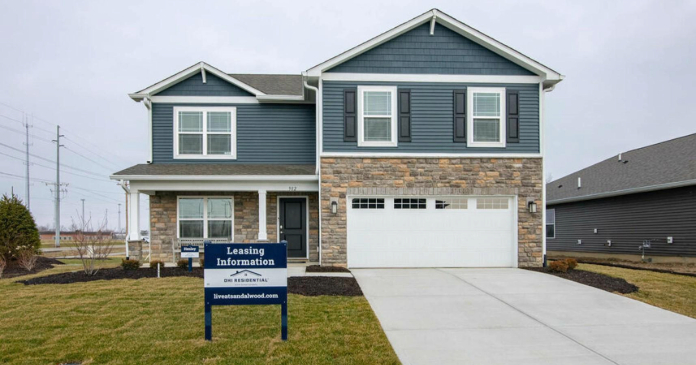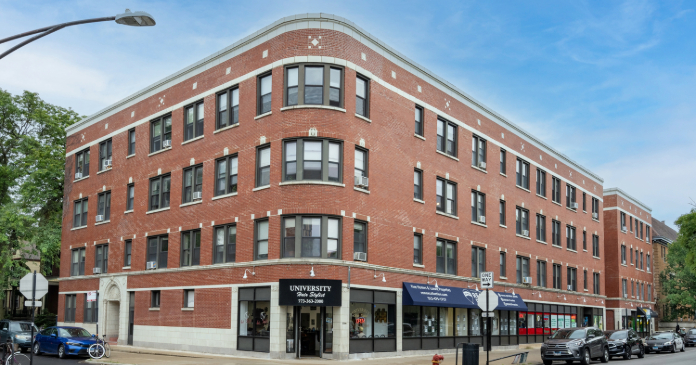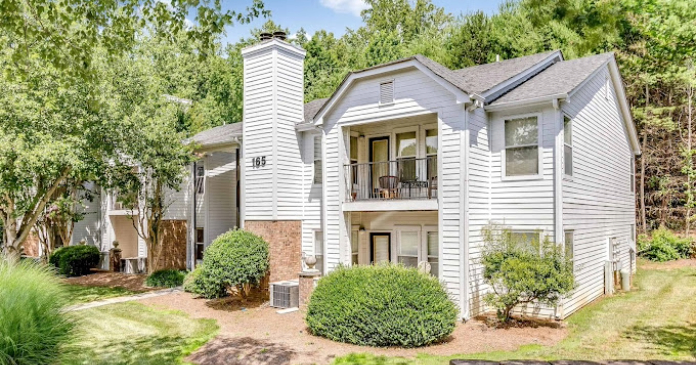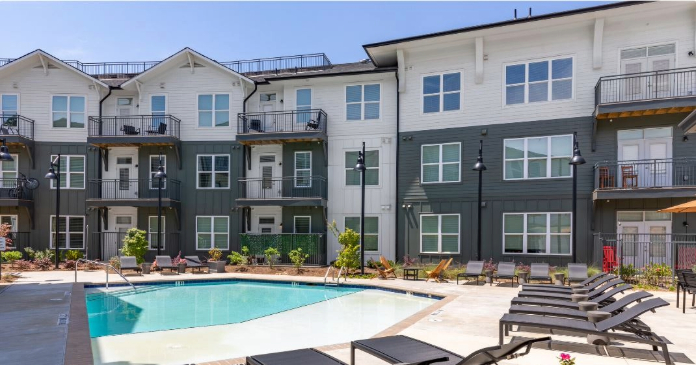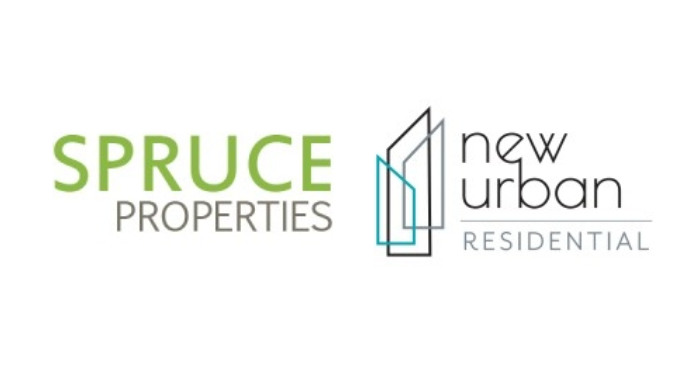When residents opt for a SureDeposit surety bond as an alternative to the traditional security deposit, they pay a non-refundable $87.50 premium. The surety bond protects the owner against financial losses because tenants’ requirements to comply with the lease are clearly spelled out within the bond acknowledgement form. The bond provides $500 worth of coverage to the apartment community to cover damages that exceed normal wear and tear to the unit and losses due to unpaid rent. But, if the resident defaults on his or her lease obligation, and the property owner/manager files a claim with SureDeposit, the resident is now obligated to reimburse SureDeposit and those collections eventually accrue to the benefit of the owner/manager.
And as it turns out, collection recoveries for a property owner can be quite different than recoveries owed to SureDeposit.
The results
Collection firms and apartment companies report improved collections when the resident has purchased a surety bond instead of making a conventional security deposit. SureDeposit, which has been offering its security bond alternative nationally since 2000, recently asked two leading multifamily collection firms to conduct a study and research recovery rates for SureDeposit accounts between $600 and $900.
National Credit Services (NCS), an Atlanta-based receivables management company that works exclusively for the apartment industry, found recovery rates were 14.8 percent higher on SureDeposit accounts compared to the non-SureDeposit accounts with this same balance range.
NCS president Joel Lackey states that there are a multitude of factors to consider in determining why this increased recovery rate exists, however the simplicity of the bond itself may be a significant factor.
“Complexity is typically detrimental to the collection process. If a former resident knows he purchased a $750 bond and understands he moved out owing a balance, he may be less likely to question each individual component of that debt. This is in contrast to the same non-bond collection account for $750 where there may be six different charges comprising the total,” he explained.
A study of the same set of accounts by ResidentCheck/ResidentCollect, which provides both credit screening and collections for the apartment industry, reported a 40 percent increase in results for files with a SureDeposit bond. Files with original balances between $600 and $900 with a traditional bond have a 18.9 percent recovery rate while, for those with a surety bond, the recovery rate increases to 26.4 percent.
ResidentCheck President Jorge Baldor believes the leverage that comes with a SureDeposit surety bond is one of the best tools for collecting multifamily debt, primarily because the bond is seen as a more serious obligation than the apartment debt alone.
Moreover, says Baldor, a surety bond helps reduce the number of former residents who bypass communicating with the collection agency and make arrangements directly with the previous community staff. “What sometimes happens is they will make the first payment to the community and get a receipt and then go to another apartment community, where they are trying to move in but were denied because of their housing debt, and show a copy of the receipt and they get approved. Once they get approval, they won’t care about their old debt. Because surety bonds are viewed by the resident and community staff as non-negotiable, they reduce the likelihood of community involvement and thus result in higher recovery,” said Baldor.
Collection success correlates directly with how quickly an account gets to the collection agency. With all the day-to-day activities required of an onsite apartment management team, sending a file for collection when a resident moves out still owing rent may not be at the top of the priority list. SureDeposit assumes responsibility for collections on behalf of the owner or property manager and, as a result, the time lapse between move-out and when the file is assigned for collections is much reduced.
Boston-based Berkshire Property Advisors, which has a presence in nearly every market in the United States, began offering surety bonds as a security deposit alternative in 2004 and has enrolled around 27,000 residents in the program. Although Berkshire initially was a tough sell, because the surety bond concept was such a huge departure from the historic practices in the industry, Dean Holmes, vice president of the company’s Eastern division, says the program has paid off.
“It’s hard to quantify, but my best guess is that, of the claims we’ve filed, we’ve probably more than doubled the amount of recoveries we have gotten on the SureDeposit accounts than we would have been able to get with accounts with a conventional security deposit,” he said.
Holmes thinks the traditional security deposit has been stuck in a rut for a number of years. “The days of the one-month-or-more deposit are pretty much history in all but a few markets and today I have markets where deposits are as low as $99—basically an average of $200—but the surety bond program allows me to get a minimum of $500 worth of coverage. When I look at being able to recover that $500 against the number of claims, it far exceeds what I would have gotten with a conventional deposit at a $99, no deposit or even a $200 deposit,” he said.
Berkshire has successfully offered SureDeposit when residents reach the end of their lease term. “At today’s low conventional deposit levels, often times by the time someone reaches the end of their lease they have forgotten about their initial deposit, so, if you offer to return that money in return for paying the surety bond premium, many of them see it as found money. It’s one extra carrot to entice people to renew and it has helped us on the front end by making it easier and less costly for people to move in,” said Holmes.
A surety bond also can help mitigate a disturbing leasing trend that emerged even before the current recession—that of owners approving applicants who have outstanding apartment debt.
Joel Lackey, president of National Credit Services, an Atlanta-based receivables management firm that works exclusively for the apartment industry and has been collecting apartment debt for 20 years, has seen an increase over the past five years in “packeted” accounts, those that have been turned over to collection twice from two different apartment communities.
“It used to be a cardinal sin to approve a prospective resident who owed money to another apartment community. It used to not happen. Applicants wouldn’t get in to the next apartment until they made good on their previous apartment debt, but now owners are turning somewhat of a blind eye on the person who owes another community,” he said.
This is occurring, in part, Lackey thinks, because more apartment owners have turned over the credit application process to third parties, many of whom operate on a scoring model based on outstanding debt and other variables, but do not differentiate between the types of debt owed.
“Some of these firms just give the apartment manager a score and if the prospect falls within a certain score range, they recommend letting them in. Well, the applicant may be at the bottom of the allowable score range, but the reason they are down there is because they owe money to another apartment operator and if the manager knew it was another apartment community that the money was owed to, as opposed to an outstanding medical bill or a student loan account, it might be different,” he said.
“With more than one million apartment units in 3,500 communities under agreement, SureDeposit has another data point that no one else has,” says Dan Rudd, the company’s chief financial officer. “We know which residents that have been in the SureDeposit program have caused a claim in the past, or have an open claim, and we provide that bit of information to our clients,” he said.
And surety bonds are useful as the last line in the decision-making part of the approval process. “My advice to property owners: If you have identified an applicant as high risk and they can’t pay $87.50 for a surety bond, let them go,” said Baldor.
Author Wendy Broffman








